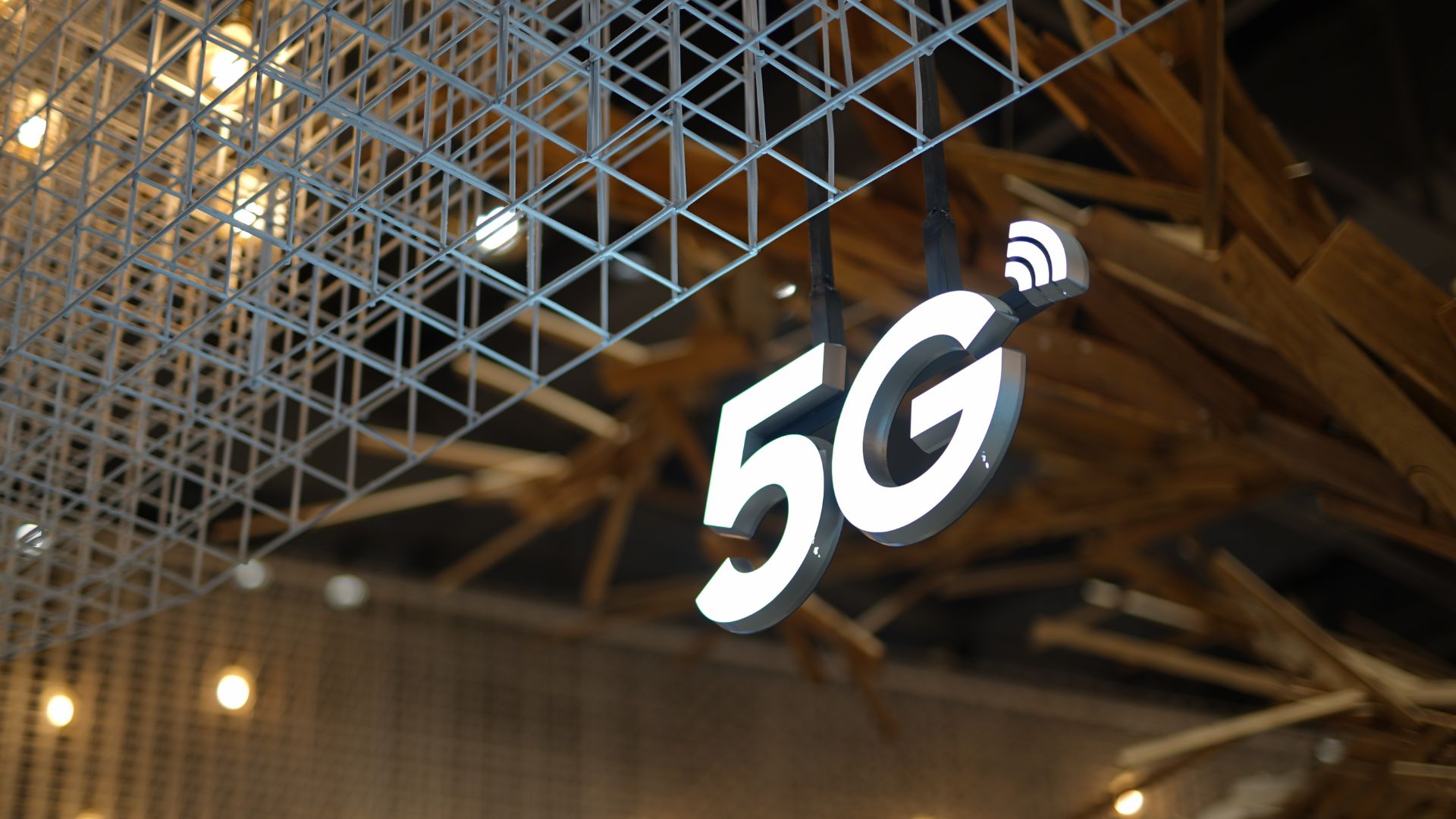5G vs 4G: What’s the Difference?

5G vs 4G: What’s the Difference?
The world of mobile technology is evolving faster than ever, and with the rise of it, many are wondering what makes it different from its predecessor, 4G. Is it just about faster speeds, or is there more to the story? Let’s break it down.
1. Speed: The Need for Speed
When it comes to speed, 5G is the clear winner. While 4G networks offer download speeds of up to 1 Gbps in ideal conditions, 5G can reach up to 10 Gbps. Imagine downloading an HD movie in seconds instead of minutes. This incredible speed isn’t just about convenience; it’s a game-changer for industries like gaming, virtual reality, and telemedicine.
2. Latency: The Real-Time Revolution
Latency refers to the time it takes for data to travel from your device to a server and back. 4G has a latency of around 50 milliseconds, which is impressive but not instantaneous. 5G, on the other hand, reduces latency to as low as 1 millisecond. This near-instantaneous response time is crucial for applications like autonomous vehicles and remote surgery, where every millisecond counts.
3. Capacity: More Devices, Less Congestion
Ever noticed your mobile internet slowing down in crowded areas? That’s because 4G networks can only handle a limited number of devices at once. 5G significantly increases network capacity, making it easier to connect more devices without compromising performance. This is especially important in the era of smart cities and the Internet of Things (IoT), where everything from refrigerators to traffic lights is connected.
4. Coverage: Growing Pains
While 5G offers unparalleled speed and capacity, its coverage is still limited compared to 4G. 4G towers can cover a wider area, making it more reliable in rural and remote locations. 5G, however, requires more densely packed infrastructure, like small cells and antennas, which is currently focused in urban areas.
5. Energy Efficiency: A Green Step Forward
Surprisingly, 5G is design to be more energy-efficient than 4G. Its advanced technology allows for more efficient data transmission, reducing energy consumption per bit. However, the increase demand for 5G infrastructure could offset some of these gains.
6. Use Cases: Beyond Smartphones
While 4G transformed how we stream videos and use social media, 5G goes beyond smartphones. It enables innovations like smart factories, connected cars, and advanced healthcare solutions. Think drones delivering packages or robots performing complex tasks in real time.
So, Which One is Better?
It’s not a matter of one being better than the other; it’s about what you need. 4G remains a reliable option for most everyday activities, especially in areas where 5G coverage is limited. However, 5G opens the door to a future where technology seamlessly integrates into every aspect of our lives.
In short, 5G isn’t just an upgrade; it’s a technological leap that sets the stage for the innovations of tomorrow. Whether you’re streaming your favorite show, driving a smart car, or performing life-saving surgeries from miles away, 5G is here to redefine what’s possible.
